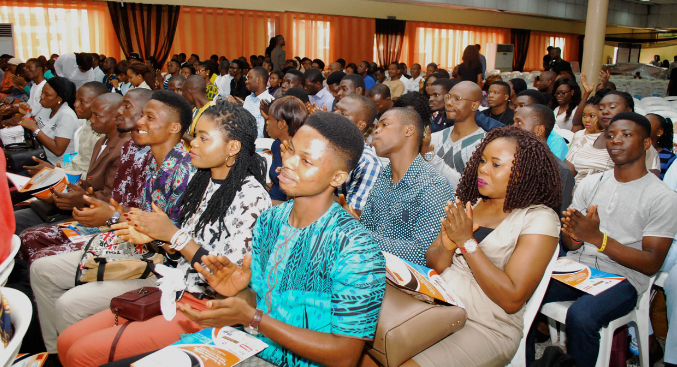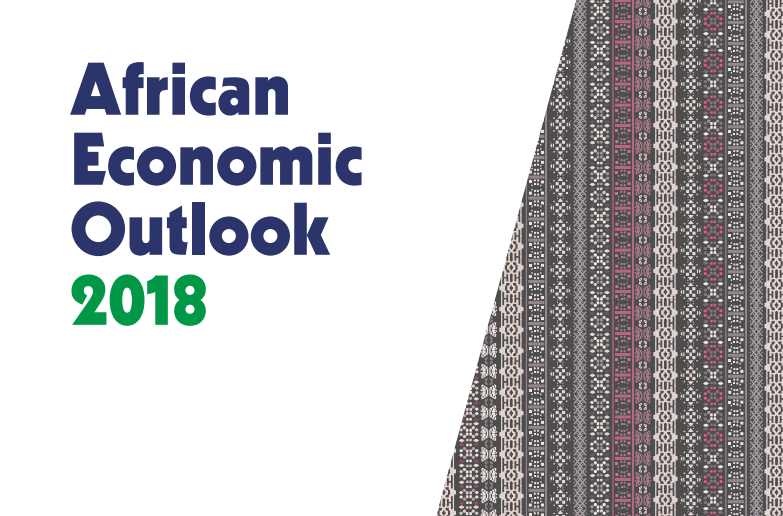By Deborah Ogwuche
In the 1940’s, nestle successfully carried out a marketing campaign that baby Formular was more perfect than breastmilk because it was more fortified. Time-tested research and science have now proven otherwise.
What’s different about your food show is a question I get asked every time!
This show is for Komla Dumor, Col. Adkins and Sergeant Dikko (not their real names).
On a cold starry night in my living room, I watched the BBC news anchor present the news. It was the last time I would see him alive. The reason for his demise left me with unanswered questions. How can someone who was the picture of health and fitness develop cardiac arrest? I thought only obesity, lack of exercise and an unhealthy diet caused cardiac arrest? For a long time, my questions were unanswered.
Okay maybe I didn’t know Komla Dumor well and his dietary and physical habits- he was simply a favourite news anchor, but I knew Dr. Matthews Akingbade (not his real name) down to his routine plus what he liked for breakfast. Dr. Matthews finished his PHD with rave performance from the Loughborough University Uk where he also completed his Masters degree.
An impressive hulk of a man- tall, huge and muscular, he never let a morning pass without going for a run. He also loved playing basketball. He had a lot of exciting things to look forward to in his life. He got a job offer as a lecturer from the Covenant university and was preparing for his wedding later in the year. He was in great shape physically too.
Two weeks after he took the offer to lecture, that morning as he had always done for many years, he went for a run. He came back, took his bath and was about to button his shirt when he slumped. His death prognosis was heart failure. The story is similar for Col. Adkins and Sergeant Dikko who was my neighbour. Both men physically fit and in their prime cut down by heart failure.
What was responsible?
Why is heart disease and physically debilitating illnesses on the rise even with advancement in technology and medicine? In the United states alone heart disease is the number one killer of men and women up about 500% in the last century. It isn’t just the statistics that’s changed, everything about our way of life has changed down to our diet. The food that’s helped keep ancestors healthy and strong has been modernized, over-processed and oxidized and rather than nourish us, it’s killing us.
In one of our episodes, we analyzed how eating Akara can predispose you to having cardiac arrest. The fact is the oil the Mai Kose woman uses to fry akara has been oxidized into BIOFUEL from constant frying and use. But many people do not know this. The point is not staying away from eating Akara but using safe healthy oils.
What constitutes a healthy oil? The answer is not what you think! The fact is the vegetable oils (whether packaged or not) you find around are not safe either. They contain Poly unsaturated fatty acids (PUFAs) that are easily oxidized into compounds not found in nature when exposed to heat.
According to Dr. Spiteller, a World renown lipid scientist, processed poly unsaturated fats not saturated fats (like animal fat) or cholesterol are responsible for stiffening of the arteries throughout the body.
The French diet is very rich in butter and meat but is adjudged one of the best diets in the world with few risks of heart disease or heart attack.
Margarine by the way contains up to 40% transfat, a component that causes hardening of the arteries. All products that contain transfat have been banned in the United Kingdom
Our show is not here to disrupt trends or make bogus unfounded claims. If we make any claim, it is backed by scientific evidence. We are simply here to encourage the preparation of our traditional cuisine with an education on its benefits.
For example, in another episode, we explore the processing of Amala with a scientific lens. Amala is made from yam flour with its starch converted to a rich blend of complex nutrients and minerals through fermentation. It also contains very healthy probiotics that are beneficial to the gut and aid vitamin absorption in the body. Who knew yam could be so rich?
In the pilot, we analyzed the usefulness and benefits of using bone stock in preparation of a typical northern diet called miyankuka. Contrary to popular belief that bone stock was primarily used because meat was unaffordable in preparing the dish. Science is on our side because the bone stock used makes the soup a nutrient dense food that contains important bone building nutrients like calcium and the youth serum called collagen. In fact, arthritis patients will find the dish extremely beneficial for joint lubrication and in reducing inflammation.
I suspect our northern ancestors knew this for a fact all along. Therefore, this show is important because our aim is to show through science and culinary skills, traditional diets that benefits us and why we should bring them back into our kitchen.
Do you know that skin inflammation like acne and eczema are primarily caused by inflammation caused by diets that contain PUFAs?
Everyone seem to have an opinion about food whether it is scientifically proven or not. But our show will educate people on myths and truths about diet. This is personal for me because I have had my own share of ill-health. At 32 weeks of pregnancy, I was diagnosed with having an irregular heartbeat and was placed on medication till delivery. After I had my baby, I noticed severe skin inflammation that manifested as pus producing, scratchy acne and eczema.
Everything the dermatologist prescribed didn’t work including changing detergents to using none. My new baby too had eczema and it was clear, what was going on in my skin was from within. Desperate, I delved into research and got me on my journey towards learning about food. The more I learnt, the discovered, the more I realized what I knew about diet was as obsolete as it could get. Of course, I was eating all my veggies without fail.
I found that healthy wholesome diet goes beyond eating veggies and avoiding fried food. And with some changes, the inflammation stopped, eczema cleared, and my health overall got better. I have not taken another heart medication since. My Cardiologist is surprised too. I consider myself lucky and blessed!
How many people will be lucky as I was to find the answer? Or how many will go on battling inflammation, allergies and skin disorders before they morph into more life-threatening health issues as it was in my own case? Maybe it is time to have a rethink about diet. The good news is, our foods already have so much of the good stuff. We just need to know how to harness them to give our bodies the optimal nutrients it needs.
This is what the Foodees Corner show is all about. It is time to bring back our wholesome age-old diet and say goodbye to the new untested and unrecognizable modern culinary trends that have so far done more harm than good. It is time to learn the art of cooking the ancient way.
In one sentence, the Foodees corner show is about using ancient culinary traditions that have been proven by science to promote optimal health and nutrition.
Deborah Ogwuche is a Content Producer and Chef







